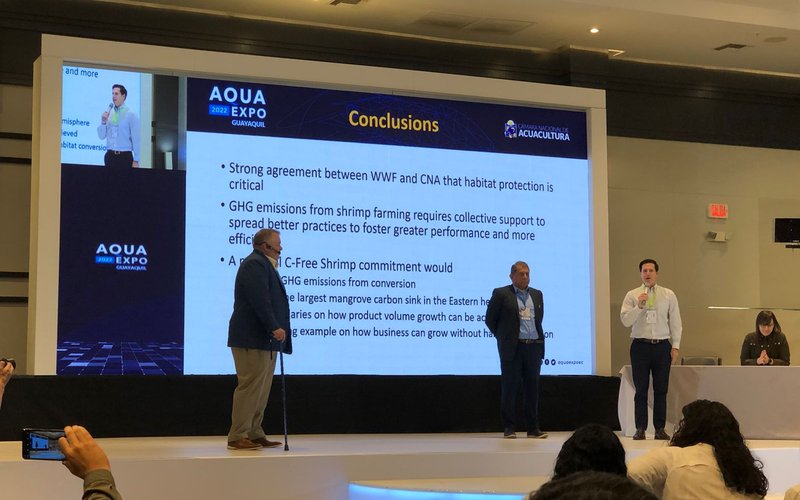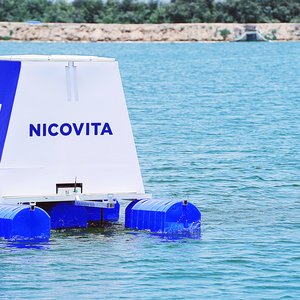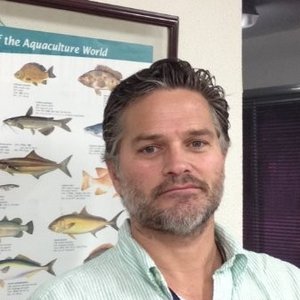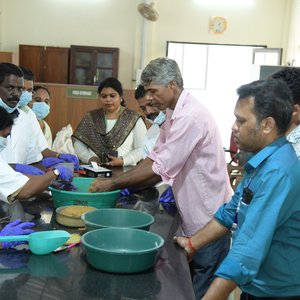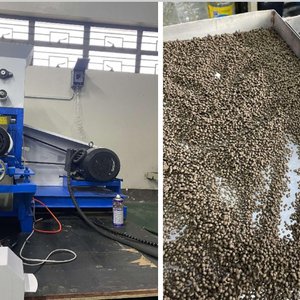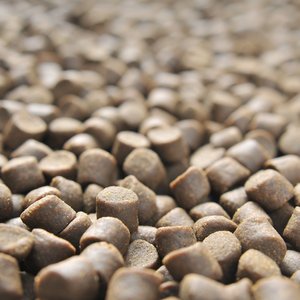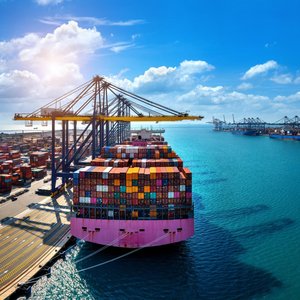Aimed to reduce and eventually end all habitat conversion from shrimp farming across the country, WWF-Ecuador and the National Chamber of Aquaculture (Cámara Nacional de Acuacultura, CAN) agree in analyzing the land cover year over year where coastal shrimp farming is being operated.
Shrimp demand has been rising consistently over the past five years increasing the pressure on coastal habitats and wetland areas. WWF-Ecuador and CAN will strengthen their actions to contrast this tendency through scientific evidence obtained by geospatial data generated by Clark Labs.
“It is time for a change in the way we produce commodities such as shrimp, in a more environmentally friendly way, particularly respecting mangroves, and not contributing to their degradation. A large sector of the shrimp industry is now committed to moving towards more sustainable production and organizations like WWF are here to help make that happen,” said WWF-Ecuador country director, Tarsicio Granizo.
“The Ecuadorian shrimp sector has been characterized as an industry that cares for the environment and protects the surrounding ecosystems. This agreement will allow us to further strengthen our industry's commitment to the conservation of ecosystems as valuable as mangrove forests, and serve as an example for other industries in Ecuador and worldwide,” said Jose Antonio Camposano, executive president of the National Aquaculture Chamber of Ecuador.
“Precisely, through this research effort based on scientific evidence, WWF seeks to identify a baseline to support future monitoring and thus ensure the ecological integrity of these important ecosystems. Hopefully, one day when people ask which is the country with the most sustainable shrimp production, they point to Ecuador as an example of good shrimp production practices,” concluded Granizo.
According to WWF’s Living Planet report, wildlife in Latin America and the Caribbean has dropped by 94% since 1970. Therefore, monitoring of shrimp farming industry conversion rates is crucial in these areas to ensure that both biodiversity and natural ecosystems remain intact maintaining the carbon sequestration benefits that mangroves provide.


